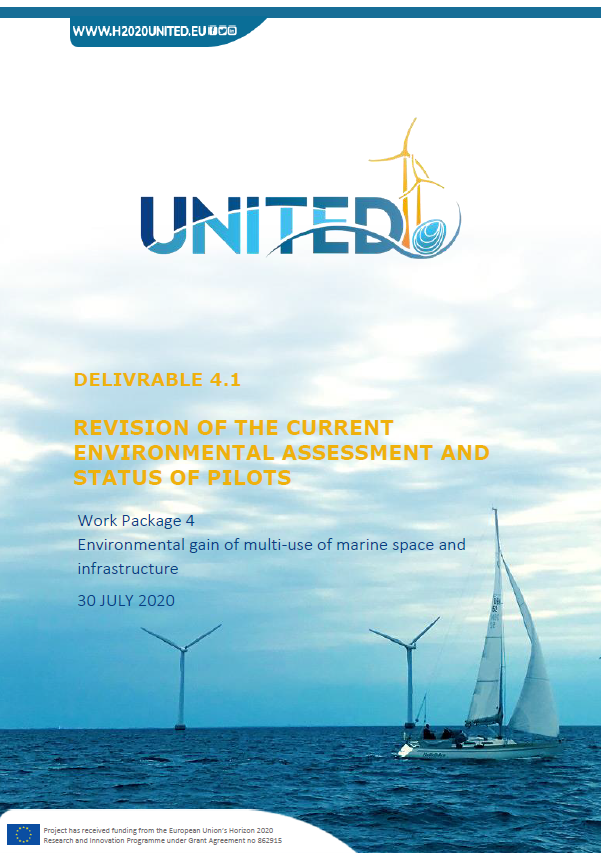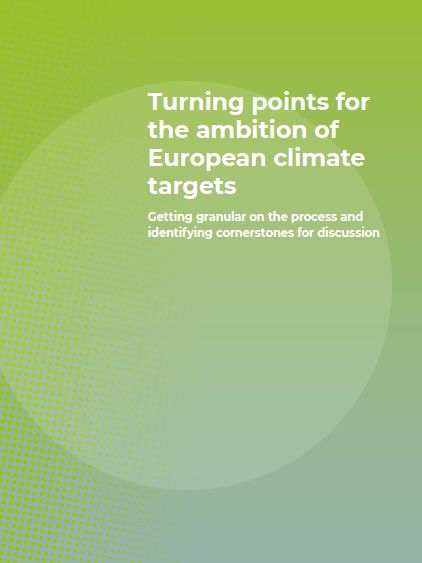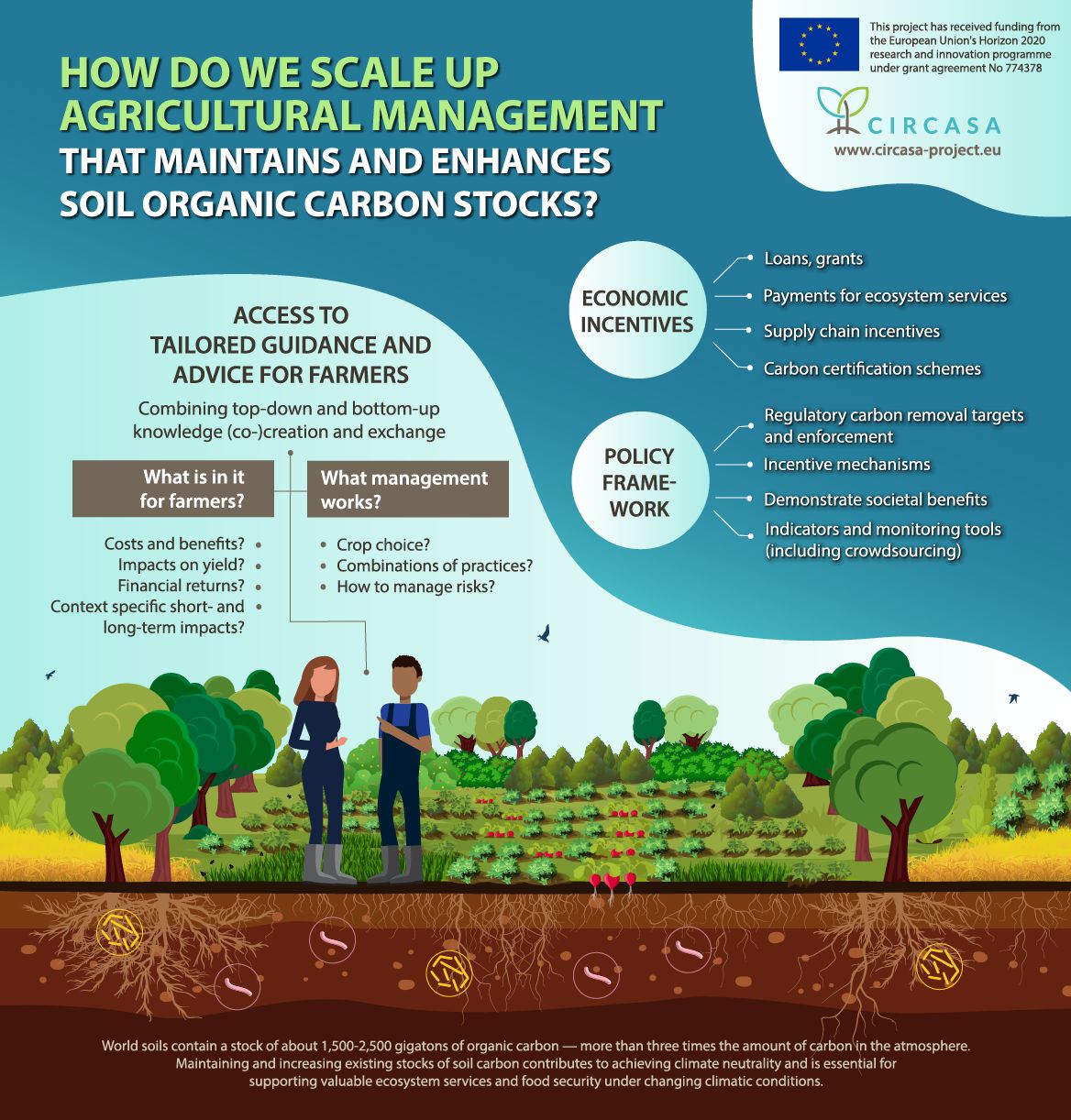Publication:Report
Publication:Report
Policy Matrix – Screening of Digital, Data and Water Policies
Starting points for untapped potential of ICT solutions in water management
Year
Read morePublication:Report
Publication:Report
Publication:Report
Turning Points for the Ambition of European Climate Targets
Getting Granular on the Process and Identifiying Cornerstones for Discussion
Year
Read morePublication:Report
Publication:Report
Publication:Report
Publication:Report
Publication:Report
Publication:Report
Publication:Report
Publication:Report
Publication:Report
Environmental Compliance Assurance VADE MECUM
Complaint-handling and citizen engagement
Year
Read morePublication:Report


